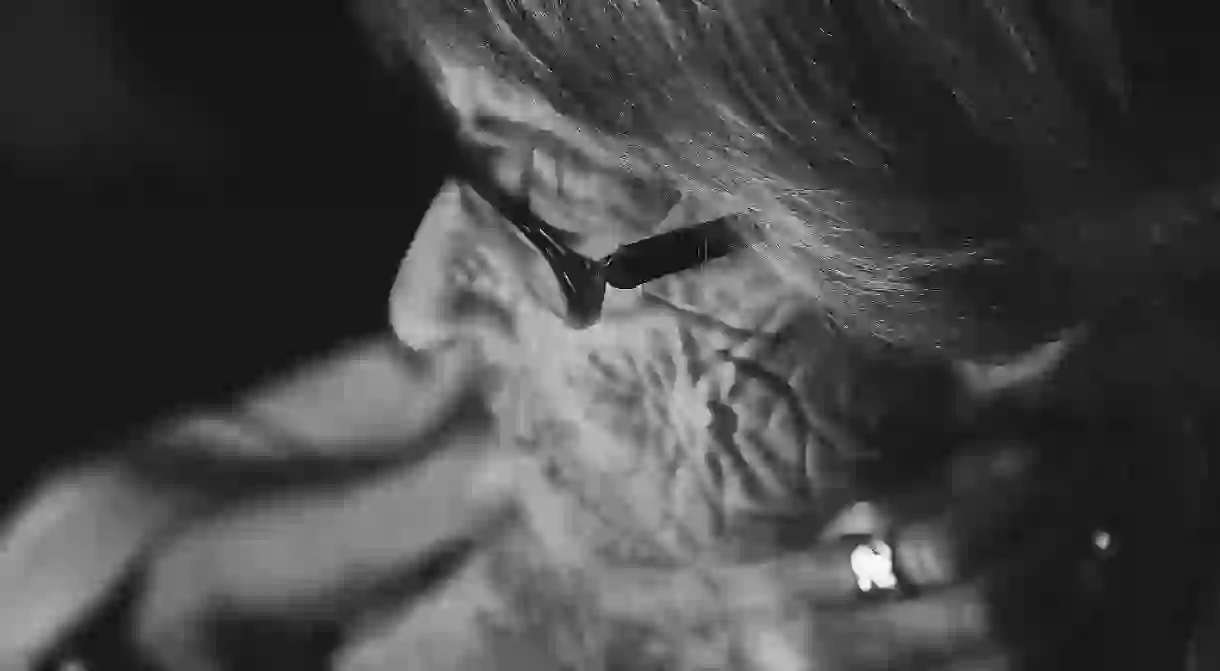Spotlight On 'A German Life' Documentary

As time passes, fewer traces of Nazi Germany remain. Buildings have been erected over important strongholds, and many who witnessed the harrowing events that transpired during the brief reign of the Third Reich have since passed away. One 105-year-old woman who saw these evil occurrences firsthand has come forward to give her account as part of the new documentary, A German Life.
Brunhilde Pomsel was Nazi Propaganda Minister Joseph Goebbels’ secretary and stenographer. The black and white film is quite simple in aesthetic and style with the intent of releasing the interview subject from ‘time and space’. The four directors behind the movie each sit down with Pomsel for separate interviews.

Interestingly enough, the documentarians met Pomsel by happenstance while they were working on an entirely different project. It took four years for them to complete the interviewing process, largely because Pomsel had traumatic experiences with the press in the past. Not to mention, recounting her experiences certainly resurfaced some horrors. In all her life, it was the first time she had ever told of her experiences so candidly.
In many ways Pomsel serves as the voice for many people who were indirectly involved in the upkeep and maintenance of the Nazi regime, in accordance with Hannah Arendt’s notion of the banality of evil. At times, Pomsel’s account feels confessional while at others, she is defensive and resistant to the idea that she bears responsibility for what happened, offering a complex examination of culpability for those living and working within the Nazi regime. Pomsel’s main transgression was simply that she chose not to see all the horrors that were going on beneath the surface of bureaucratic action due to apathy and political agnosticism.

Along with the interview itself, which comprises most of the film, the piece is layered with information about the rise of Nazism, interspersed with Nazi propaganda footage and clips of the liberation of concentration camps.
As the film reached completion, Pomsel ultimately had this to say, ‘how important it is to have someone hold up a mirror at the end of one’s life in order to recognize all the mistakes one has made’.
An eerily notable element of the film is how similar the social, political, and economic context that preceded the rise of Nazism is to the climate of our own societies, with a recent economic crisis, the rise of the radical right wing, and the scapegoating of foreigners and refugees. For these reasons, A German Life also offers us the opportunity to hold a mirror up to ourselves. It is a timeless film whose themes transcend the infamy of its subject matter.
https://www.youtube.com/watch?v=PvLL6LP41YY













